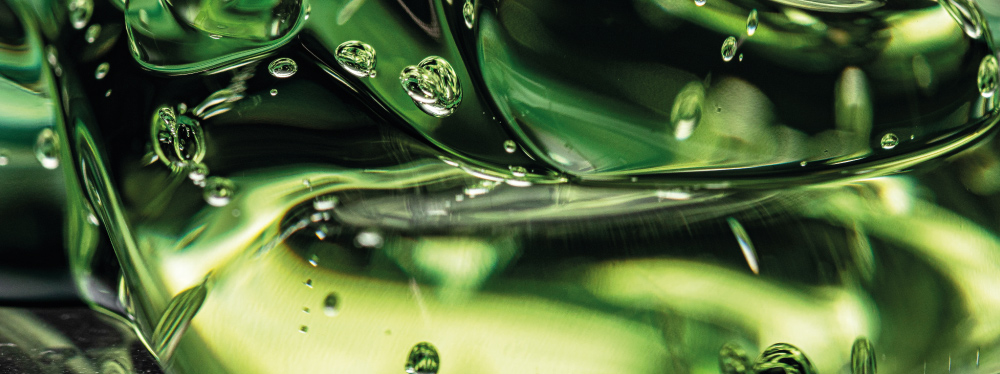iLub
Desenvolvimento de Sistemas Tribológicos Inteligentes Capazes de Lubrificação Universal
Challenge
In mixed and boundary lubrication regimes, there is currently no efficient and environmentally friendly solution. In these regimes, lubricants used for wear protection still contain zinc salt and naphthenic acid additives which are highly harmful to the environment. Furthermore, approximately 50% of the lubricants used are lost to the environment during use, due to spills or improper disposal.
Solution
The present project shows an innovative solution for mechanical components lubrication, combining the surface modification of that component with a new lubricant additive. This synergy intends to meet an efficient and sustainable lubrication, exceeding traditional solutions.
The solution will join the surface modification and the innovative additive. The component contact surfaces will be modified through the autolubricant thin film deposition, allowing efficient lubrification in solid/solid contact sliding situations. The antiwear polymeric additive introduction will protect the component surfaces in all lubrication regimes. The action of the macromolecules is based on the amphiphilic character, allowing the interaction with the oil and the thin film, forming a protection layer during the sliding.
This innovative lubrication system allows lubrication more efficient than the actual solutions in every operation regime, eliminates the need for harmful oils in the environment, promoting more ecological practices, and revolutionizes the traditional methods of lubrication, offering an advanced and sustainable alternative. Widespread adoption of this technology would lead to significant improvements in performance, economy and environmental preservation.
Objectives, Activities and Results expected / achieved
The objectives of this project are:
a) the assessment of the friction and wear response of a class of advanced coatings, namely silver- and tungsten-alloyed DLC, lubricated by biodegradable/biobased oils containing innovative smart polymeric additives;
b) develop an understanding of the interactions between Ag-/W-DLC and macromolecules controlling the lubrication performance.
To attain these objectives, the team will perform the following tasks:
a) Silver and tungsten-based DLC’s thin film development, with chemical composition proper to interact with the new additives;
b) New block co-polymer synthesis with chemical affinity to the thin films and biodegradable oils;
c) Performance evaluation and mechanisms study of lubrication through macro and microtribology tests.
Project Reference
2022.15609.UTAFunding

Intervention Region
PortugalTotal Investment
49.996,25IPN Investment
49.996,25Total Eligible
49.996,25IPN Eligible
49.996,25National public financial support – Total
49.996,25National public financial support – IPN
49.996,25Duration
12 MonthsStart Date
2024-04-15End Date
2025-04-14Approval Date
2024-03-02Consortium
Instituto Pedro NunesPartners
Universidade do Texas em AustinKeywords
Magnetron Sputtering;DLC-based coating;
Polymeric additives;
Green lubricants.










